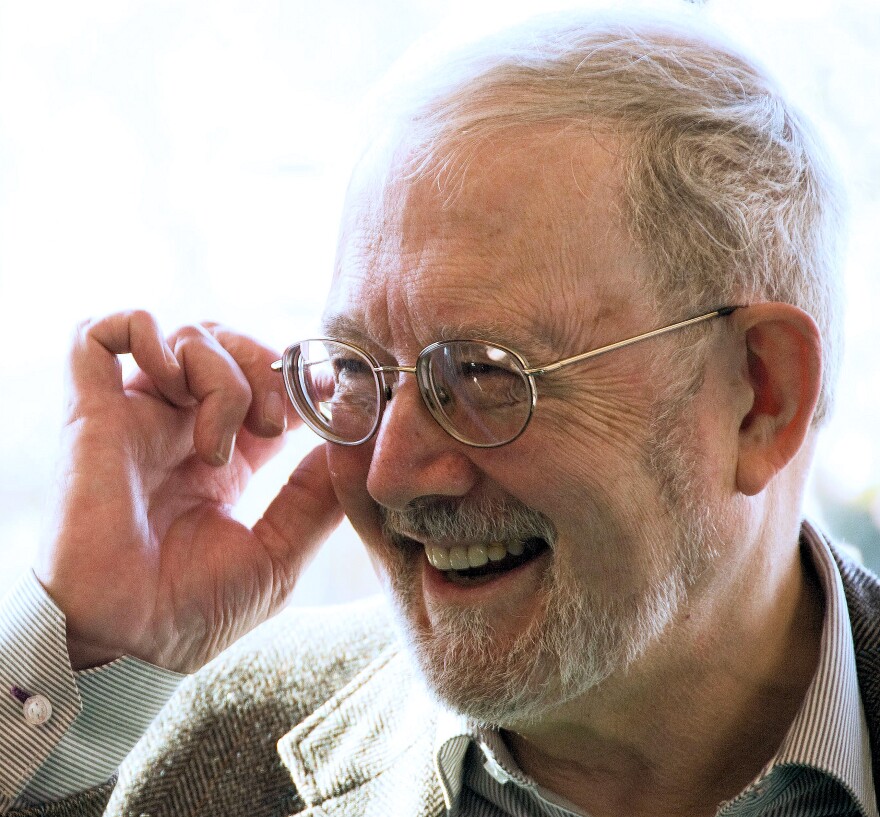It's almost too soon to mention the fact that National Procrastination Week began yesterday, but one day late is better than nothing.
Procrastination is such a useful habit. I have always put off doing difficult or unpleasant things, and I'm glad I did – or rather I'm glad I didn't. For example I've been intending to write a novel, get piano lessons, and learn the French subjunctive tense for over forty years, and I'm happy to say I have never done any of these things. The novel and the piano would have annoyed a lot of people, and the French subjunctive would never have done me any good at all.
Procrastination is usually seen as a weakness, but in fact it is a strength. Fools rush in where angels fear to tread. If Napoleon had put off invading Russia in 1812, or Hitler had hesitated before invading Poland in 1939, a vast amount of trouble would have been avoided. You may be able to think of other more recent examples. The opposite of procrastination is precipitation, which my dictionary defines as: "Impulsive action, rush, or haste."
Socrates was famous for inducing a kind of intellectual paralysis in his fellow Athenians by constantly asking questions, then asking more questions about the answers. What this technique reveals is simply that most of the knowledge we act on is garbage, and most of our "informed decisions" are informed only by ignorance and wishful thinking. This persistent questioning can be irritating – in fact it was so irritating for the citizens of Athens that they killed poor old Socrates just for forcing them to think about things they thought were obvious.
Procrastination happens when the obvious is not obvious – in other words when we are uncertain. We share this habit with the higher animals; just watch a cat trying to choose between two comfortable places to sleep. The cat is thinking about it. He may think about it for hours. Procrastination is a product of the fact that we think. It's not strong or brave to rush into things without thought or hesitation, it's stupid. This is especially true of big, dangerous things like double bacon cheeseburgers with fries, international wars, and marriage. In fact marriage may be the number one cause of procrastination in the known universe, and a good thing too.
When I was a kid, parents and teachers accused me of procrastination practically every day of my life. This was fair enough, in so far as I always did (and still do) like to think about things for a while before actually doing them. Latin homework was a good example. Sometimes I would consider for days or weeks before deciding not to do it, on the entirely rational grounds that nobody but priests had any use for Latin, and I was not cut out to be a priest. That's not indecision, and it's certainly not laziness: that's the brain doing its job. A moment's thought will reveal that most of the things we imagine we should do immediately could be done later or, better still, not at all.
An old proverb says: "Procrastination is the thief of time." But that's the reverse of the truth. A really good procrastinator never wastes a minute on pointless tasks, because he never starts.
So take advantage to this special week to put off all the little tasks you don't want to do, and enjoy your life for a change. When it comes to procrastination, it's never too late to start.
Copyright: David Bouchier


